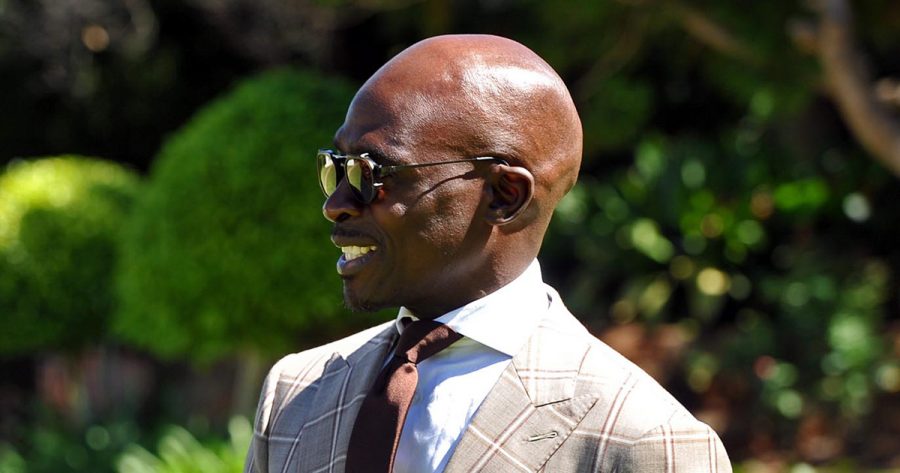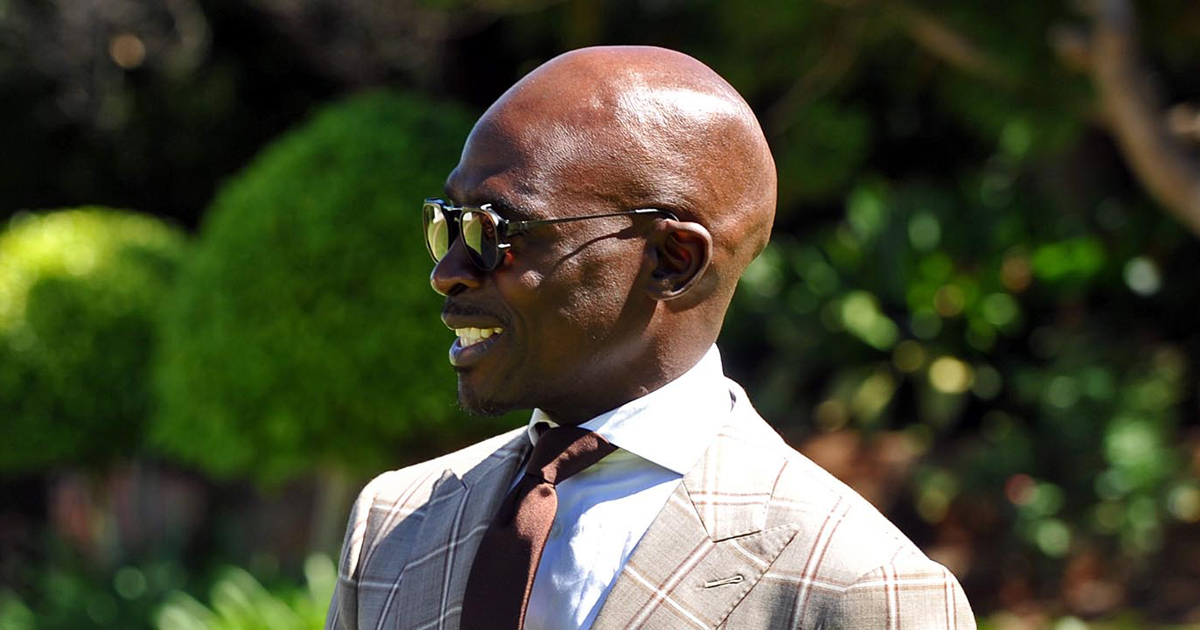
Finance Minister Gigaba to Table South Africa’s 2018 Budget
Finance Minister Malusi Gigaba will this week table the 2018 Budget in Parliament. The much anticipated budget will be tabled in the National Assembly on Wednesday. Appointed to head National Treasury following former President Jacob Zuma’s Cabinet reshuffle in March 2017, Minister Gigaba is set to deliver the budget in a tough economic environment. It […]

Finance Minister Malusi Gigaba will this week table the 2018 Budget in Parliament.

The much anticipated budget will be tabled in the National Assembly on Wednesday.
Appointed to head National Treasury following former President Jacob Zuma’s Cabinet reshuffle in March 2017, Minister Gigaba is set to deliver the budget in a tough economic environment.
It is expected that much of the world’s eyes will be glued to the tabling of the Budget following a tumultuous political week that saw the resignation of former President Jacob Zuma and the swearing in of President Cyril Ramaphosa.
Economists are keen on the budget deficit number, with expectations for it to come in at 4.3%.
“Of particular interest in the National Budget will be the budget deficit. We expect future deficits to come in at 4.3%, 3.9%, 3.5% and 3.1% of GDP [Gross Domestic Product] in 2017/18, 2018/19, 2019/20 and 202/21 respectively,” said Nedbank economists on Monday.
At the tabling of the Medium Term Budget Policy Statement (MTBPS) in October last year, government said the consolidated budget deficit is set to widen to 4.3% this year.
The MTBPS, which is also known as the mini-budget, attributed this to a sharp deterioration in revenue collection and further downward revisions to economic growth projections, which it said significantly eroded government’s fiscal position.
The 2017 Budget had a deficit estimated at 3.1% of GDP.
Tax
The Nedbank economists don’t predict any tax relief for South Africans.
“No tax relief is expected. The rates applying to indirect taxes will probably be raised aggressively, while VAT is likely to be introduced on fuel.”
In its research note, the bank expects personal and company tax rates to remain unchanged but that the thresholds will not be adjusted adequately to compensate for inflation.
In the MTBPS tabled by the Minister in October, government indicated that further tax increases will be needed to restore fiscal sustainability.
This as the mini-budget estimated that there would be a revenue shortfall of R50.8 billion.
“We believe measures to restore public trust in government in general and the South African Revenue Service (SARS) in particular are essential to improving tax compliance and thereby tax buoyancy, which has deteriorated significantly over the past three years,” Minister Gigaba said at the time.
However, the recent political change in the highest office in the land is expected to boost confidence in South Africa.
State owned companies
Meanwhile, the economists also stressed the importance of returning cash-strapped State-owned companies (SOCs) to profitability.
“Some progress has already been made with the appointment of new boards and executives to Eskom and South African Airways (SAA), but deeper reforms will be needed to reduce cost structures and improve efficiency dramatically over the longer term.”
In January, the Presidency announced a change to the board of Eskom as part of efforts to stablise the power utility
Earlier this month, the Public Investment Corporation (PIC) announced that it had agreed to loan Eskom R5 billion that will be used for operations at the utility for the month of February.
In October, Minister Gigaba announced the appointment of new members to the board of SAA. New Chief Executive Officer Vuyani Jarana also commenced his duties at the national carrier on 1 November 2017.
The MTBPS stated that the national carrier would have received a further R4.8 billion government guarantee by March this year.
At the time, government said total recapitalisation of R10 billion would be provided to the airline in 2017/18, with an amount of R5.2 billion already having been provided.
Rating agencies
Wednesday’s budget will come ahead of rating agency Moody’s credit ratings decisions that is expected next month.
In November, the ratings agency gave South Africa some reprieve by maintaining the country’s credit rating above junk at Baa3.
The ratings agency placed South Africa’s long-term foreign and local currency debt ratings of ‘Baa3’ on a 90-day review for a downgrade.
The ratings carry a negative outlook.
According to Moody’s, the decision to place South Africa’s rating on review for a downgrade was prompted by a series of developments, which suggest that South Africa’s economic and fiscal challenges are more pronounced than Moody’s had previously assumed.
According to the rating agency, growth prospects are weaker and material budgetary revenue shortfalls have emerged alongside increased spending pressures.
Meanwhile, in its assessment, S&P lowered South Africa’s long term foreign and local currency debt ratings by one notch each to ‘BB’ and ‘BB+’.
The agency cited weak real nominal gross domestic product (GDP) growth that has led to further deterioration of South Africa’s public finances beyond the rating agency’s previous expectations.
In December, Statistics South Africa (Stats SA) announced that the country’s GDP grew by 2% in the third quarter of 2017.
“The budget will have to provide some of the detail of what will be done to boost economic growth and confidence,” said the bank. – SAnews.gov.za
Congratulations President @CyrilRamaphosa, May God empower you with strength to move South Africa 🇿🇦 forward and lead the masses. Be blessed. 🙏🏾 pic.twitter.com/N1OS2rRWgU
— Malusi Gigaba (@mgigaba) February 15, 2018
